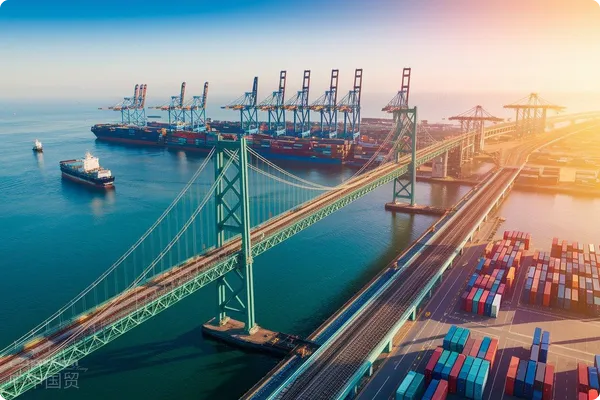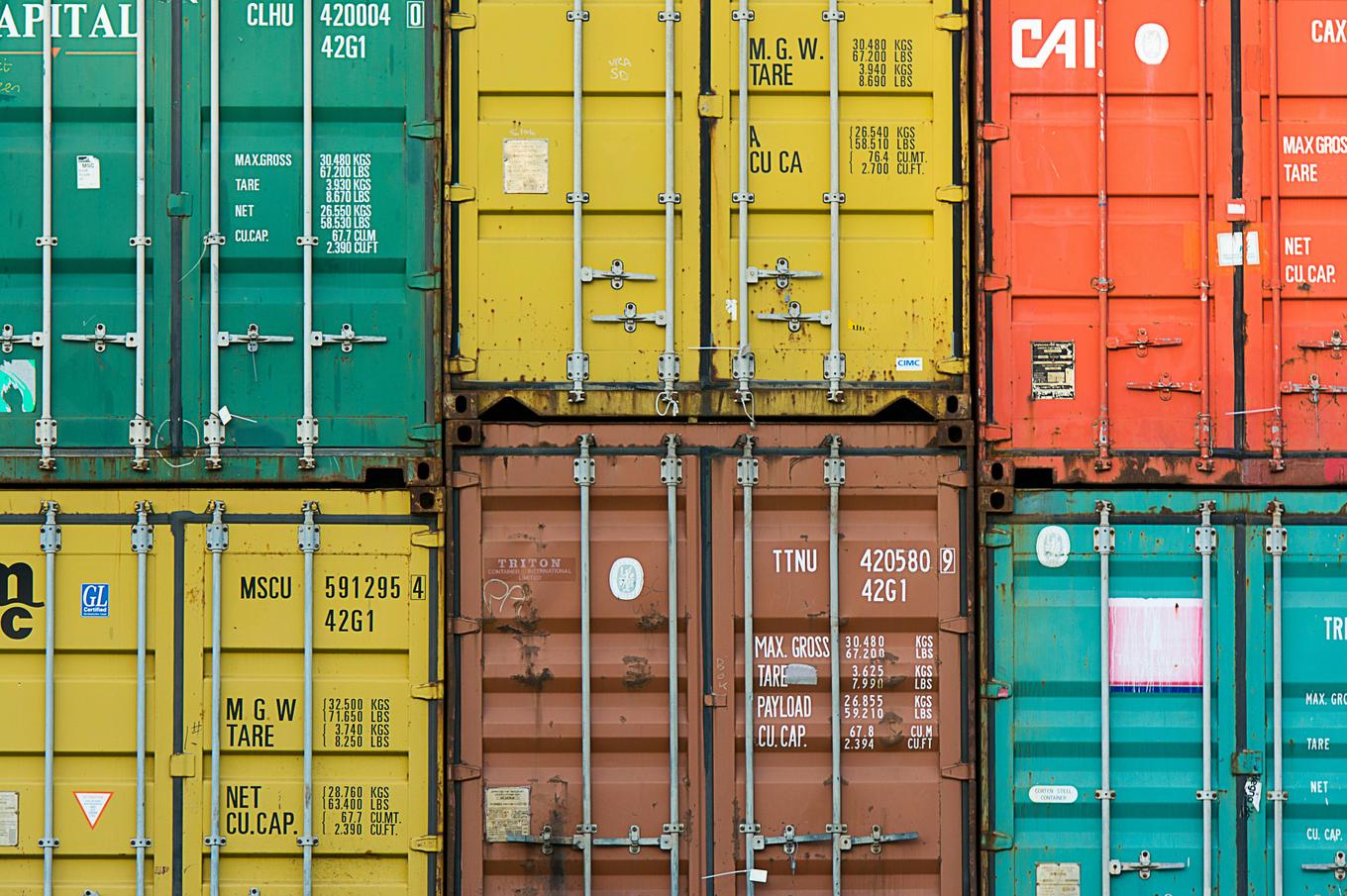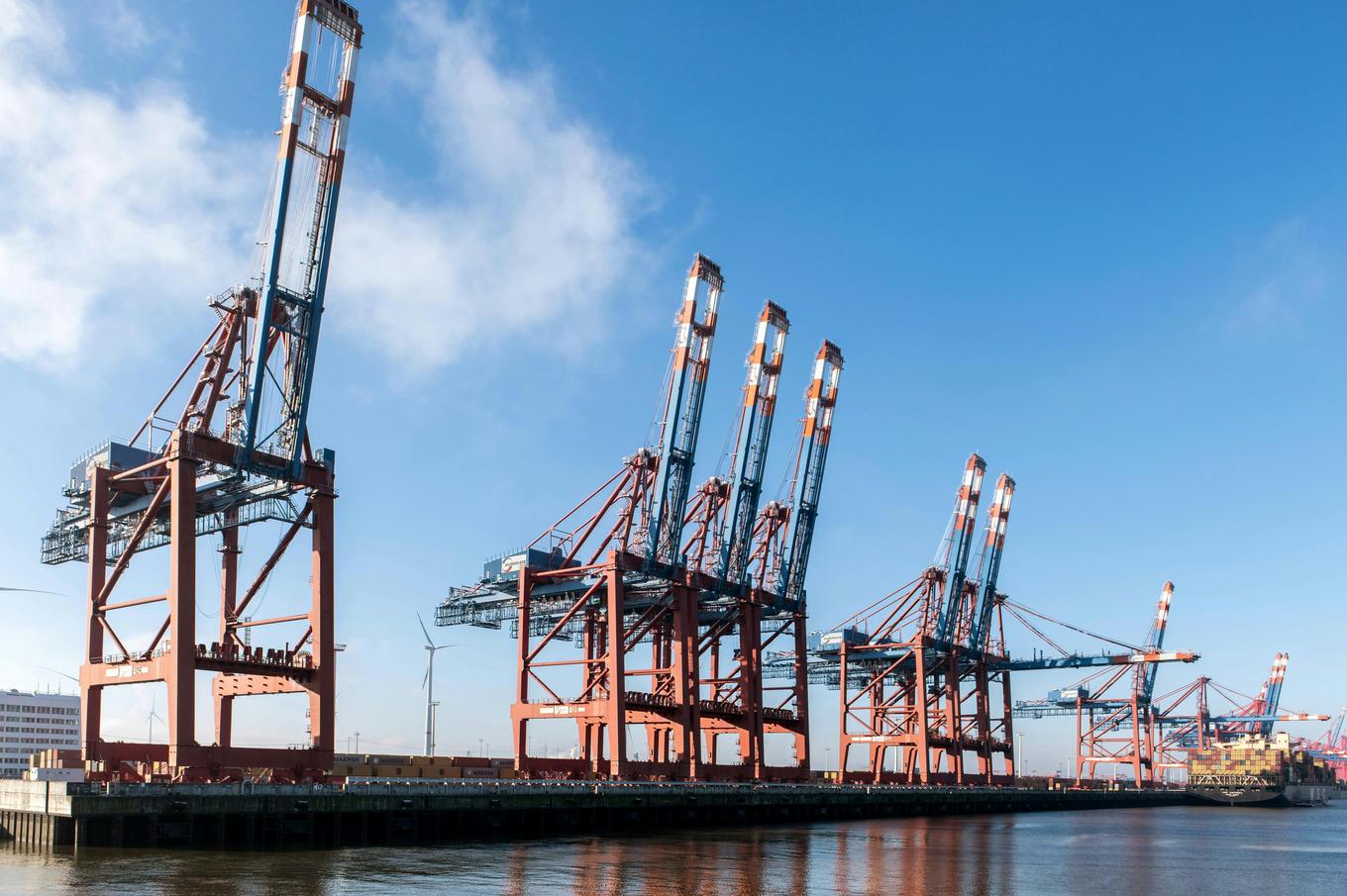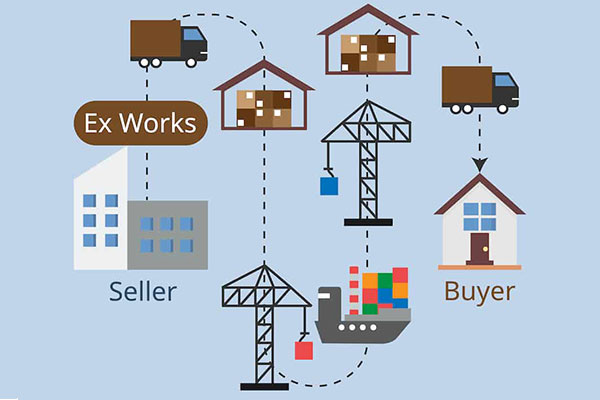- Shanghai Zhongshen International Trading Co., Ltd. – Your reliable partner with 20 years of import/export agency service expertise.

How to Select Professional Red WinesExport Agent Services?
According to the latest statistics from the General Administration of Customs in 2025, China's red wine imports increased by 8.7% year-on-year. Against the backdrop of intensifying market competition, the following key points should be prioritized when selecting an agent:
- Industry focus: Request the agent to provide customs declaration documents for the red wine category from the past three years (with desensitization processing).
- Completeness of Qualifications: Verify its "Customs Declaration Unit Registration Certificate" and special business license for wine.
- Logistics network:Prioritize agents with branches in major European production regions (such as Bordeaux, Tuscany, etc.).
- Compliance Ability: Implementation Case of the New Electronic Origin Labeling System for Wine to Be Enforced in 2025
What core services should professional agents provide?
According to the 2024 annual report from the World Wine and Spirits Institute (WSWI), 76% of import disputes stem from disruptions in the service chain. High-quality agents should cover:
- Procurement Support:
- Supplier qualification review (focusing on verification of DOCG/AOC certifications)
- Dual Quality Inspection Verification (SGS + In-house Laboratory)
- Customs clearance services:
- Accurate HS Code Classification (Handling Differences Between 2204.21 and 2204.29)
- Design of Tariff Preference Scheme (Applicable to China-Chile/China-Australia FTA)
- Logistics Management: Constant temperature container monitoring throughout the entire process (temperature fluctuation ≤ ±1°C)
How to evaluate the reasonableness of the agency fee structure?
Industry research in 2025 indicates that the reasonable fee range should be 6-8% of the cargo value, including:
- Basic service fee: Charging on a sliding scale based on the value of goods (recommended 3% for amounts below $500,000).
- Special surcharges:
- DOCG-grade wines are subject to an additional 0.5% inspection fee.
- Special packaging handling fee (wooden box/gift box)
- Risk guarantee: Not exceeding 15% of the contract amount (clear refund conditions must be specified)
How to Avoid Common Risks in Agency Cooperation?
Based on the analysis of customs administrative penalty cases from 2023 to 2025, key areas for prevention include:
- Document Risk: Request the agent to provide electronic verification services for the EU VI-1 certificate.
- Tax risk: Pre-audit calculation method for dutiable value (Breakdown of CIF price components)
- Delivery risk: Clearly stipulate the transportation time compensation clause in the contract (e.g., a penalty of 0.1% of the cargo value per day for delays).
How can small and medium-sized importers establish long-term cooperation with agents?
It is recommended to adopt a phased cooperation model:
- Sample order phase(1st-3rd batches):
- Request the agent to provide a daily report on all process nodes.
- Key node (shipment/customs clearance) video verification
- Stable period(6 months later):
- Negotiate to establish a joint warehouse management system
- Shared Supplier Evaluation Database
- Strategic cooperation period:
- Joint application for AEO certification
- Develop customized trade financing products
Resources
Contact Us
Email: service@sh-zhongshen.com
Related recommendations
Contact via WeChat

? 2025. All Rights Reserved.









